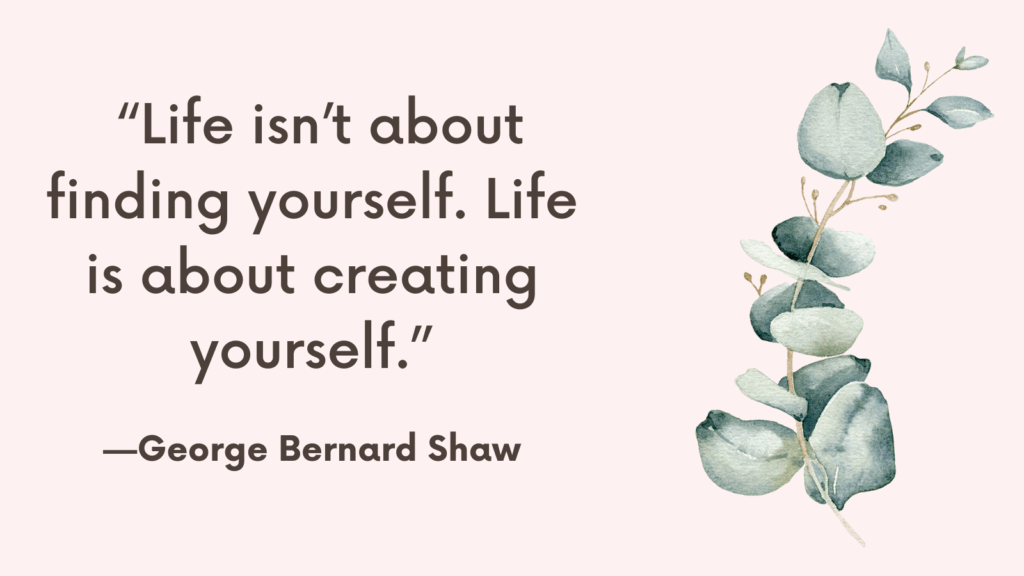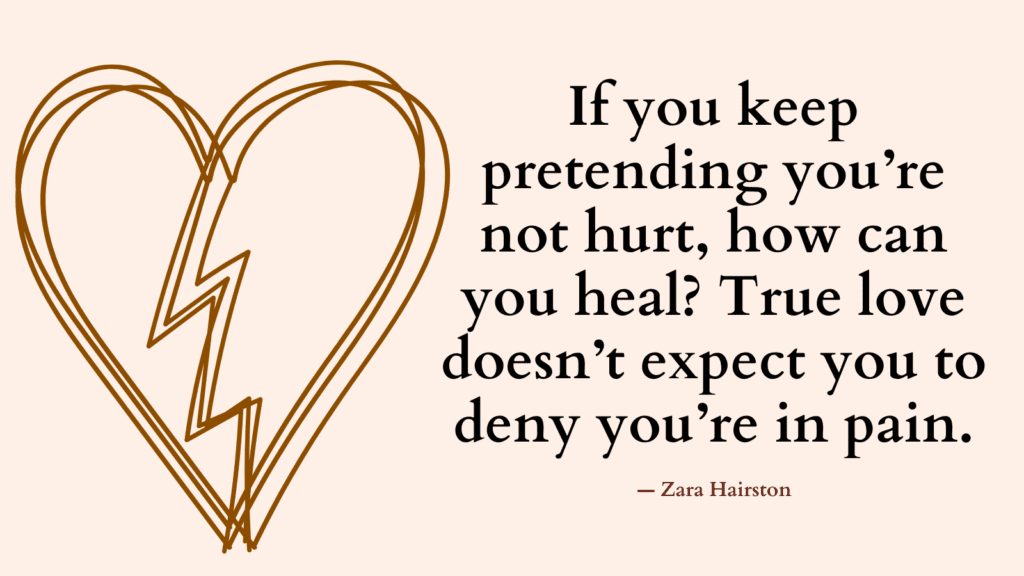Financial abuse is one of the most overlooked forms of control in relationships—but it’s just as damaging as physical or emotional abuse. It strips away your independence, restricts your choices, and keeps you trapped. The signs aren’t always obvious. In fact, many people experiencing financial abuse don’t realize it’s happening until they feel completely powerless. Here’s what financial abuse really looks like—and the red flags you may not have seen.
What Is Financial Abuse?
Financial abuse is a form of control where one person restricts or manipulates another’s access to money, resources, or financial independence. It’s often used to trap someone in a relationship, undermine their self-worth, or create dependency — and it can happen quietly, without any physical violence.
It’s more common than most people realize — and it often goes unrecognized because it’s disguised as “help,” “protection,” or “just how we do things.”
Related: How To Rebuild Your Life After Trauma?
9 Signs of Financial Abuse
1. Your Access to Money Is Controlled or Restricted
Your partner may withhold money, give you an “allowance,” or require you to ask for every purchase—even basic needs. This creates a constant feeling of dependence and shame.
2. You’re Shut Out of Financial Decisions
They make all the major money choices without your input. You’re not allowed to see accounts, ask questions, or participate in planning—even if it affects your life directly.
3. Your Earnings Are Taken or Monitored
If you work, they may demand access to your paycheck, monitor your transactions, or guilt you for how you spend your own money. This erodes autonomy and creates fear around independence.
4. You’re Prevented From Working or Studying
They may discourage or forbid you from pursuing work, school, or training. The goal is to keep you dependent—and limit your ability to leave.
5. Your Credit or Identity Is Used Without Consent
They open credit cards, loans, or accounts in your name without permission. You’re left with debt, damaged credit, and no control over your financial future.
Related: How to Build an Internal Sense of Safety for Trauma and Anxiety?
6. They Guilt You Into Giving or Sharing
You’re made to feel selfish for keeping any money to yourself—even if they contribute nothing. You might hear:
“If you loved me, you’d pay for this.”
This isn’t generosity—it’s coercion.
7. You Don’t Know Where the Money Is Going
They’re secretive about spending, hide purchases, or lie about income and debt. The lack of transparency keeps you uncertain—and stuck.
8. You’re Punished Financially After Conflict
Disagreements may lead to threats like:
“I’ll cut you off.”
“You’ll be on your own.”
Money becomes a tool of punishment, not partnership.
9. You Feel Trapped—Not Because of Love, But Because of Money
If you stay because you can’t afford to leave, it’s not a relationship—it’s captivity. Fear of homelessness, debt, or poverty can keep you in place far longer than love ever could.
Related: Best 20 Healing Shame Exercises To Break Free From Toxic Shame
The Emotional Impact
Financial abuse doesn’t just affect your wallet — it affects your mental health, sense of freedom, and ability to trust yourself. Survivors often carry shame, anxiety, fear of making money mistakes, and guilt over not leaving “sooner.”
But here’s the truth: it’s not your fault. Abuse is never about your worth. It’s about someone else’s need for control.
Why It’s Important to Name It
Many people don’t realize they’ve experienced financial abuse until long after the damage is done. Naming it is the first step toward healing. When you see it clearly, you can begin to rebuild — not just your finances, but your power, voice, and emotional safety.
How to Recover From Financial Abuse
Recovering from financial abuse isn’t just about rebuilding your bank account—it’s about reclaiming your autonomy, self-worth, and sense of security. The damage left behind can feel invisible but overwhelming: fear of making decisions, guilt over spending, or anxiety about money itself. Healing is possible. One step at a time, you can move from survival to stability, and eventually—freedom.
1. Acknowledge That What You Went Through Was Abuse
Financial abuse often gets minimized or misunderstood. Say to yourself:
“That wasn’t just about money. That was about control.”
Owning the truth of your experience is the first act of reclaiming power.
Related: Healing From Emotional Abuse In 12 Practical Steps
2. Rebuild Financial Safety—One Decision at a Time
Open a private bank account. Create a simple budget. Start tracking your own money, no matter how small. Each step tells your nervous system:
“I’m in control now.”
3. Work Through Financial Trauma With Compassion
If spending gives you anxiety or saving feels impossible, it’s not just “bad habits”—it’s trauma. Be gentle with yourself. Shame is a leftover from the abuse—it’s not your truth.
4. Learn to Trust Your Financial Voice Again
You were told you couldn’t handle money—but you can. Start small. Make decisions for yourself. Practice saying:
“I get to choose how I use my money.”
Related: How To Move On From Family Estrangement?
5. Ask for Professional Help—Without Shame
Financial counselors, advocates, and trauma-informed therapists can help you create a safe plan. You don’t have to figure everything out alone.
6. Rebuild Your Credit and Financial Identity
Request your credit report. Look for fraud. Create a plan to restore your financial name. You are not the damage done to you—you are the person rebuilding from it.
7. Connect With People Who Respect Your Independence
Surround yourself with voices that support your autonomy—not control it. You need safe relationships where your “no” is honored and your decisions aren’t questioned.
8. Grieve the Emotional Impact—Not Just the Financial One
You may feel loss, betrayal, or even guilt for staying. Let yourself feel it. Healing isn’t just about numbers—it’s about naming what was taken and honoring what you’re taking back.
9. Set New Boundaries With Money and Relationships
Say:
“I don’t share finances in early relationships.”
“I no longer explain every dollar I spend.”
Boundaries protect your freedom—and your peace.
10. Celebrate Your Progress—Even If It’s Quiet
You may not be fully “recovered” overnight. But opening an account, saying no, asking for help, or simply wanting to heal is a sign:
You’re already on your way back to yourself.
Related: Top 10 Signs You Grew Up In A Toxic Family
Conclusion
Financial abuse is about power, not money. It isolates, intimidates, and erodes your sense of control over your own life. If any of this sounds familiar, know this: you’re not imagining it, and you’re not alone. There is support, there are exit plans, and there is healing. You deserve safety, freedom, and the ability to make choices for yourself. Always.



